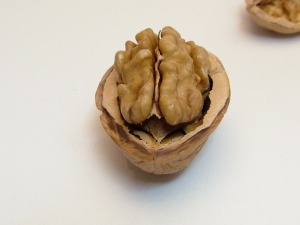
What does it mean to be mentally healthy?
The USCA (University of South Carolina Aiken), gives a great definition for a healthy mind, “A healthy mind includes a presence of intellectual curiosity and a sense of fostering creativity and critical thinking. It is awareness and acceptance of feelings and includes the degree to which a person feels positive and enthusiastic about one’s self and one’s purpose, value and meaning for life. It includes the capacity to manage feelings, behaviors and effectively cope with stress.”
To sum it up, being mentally healthy means you are in a state of positive self-acceptance, self-purpose, and coping behaviors to deal with life’s ongoing stresses.
Who does mental health affect?
Everyone. Mental health affects everyone, directly or indirectly. WHO (World Health Organization), states that 1 in 4 people will be affected by mental illness at some point in their lives. With this in mind, it is important to be aware that mental health and mental illnesses are not always preventable or easily curable. Sometimes life just happens.
What can I do to improve my mental health?
I am not a doctor, but I have experienced what it’s like to be on a low point in the spectrum. There comes a point in everyone’s life, when they want something to change. I think that one of the first steps in improving your mental health is to realize that you want to change, and you want to put in the effort required to make that change.
Something that really worked for me was therapy. I know many people are reluctant to try therapy because of the fear of being judged. Therapy is a loaded word.
“I’m going to therapy today.”
When I first started, it felt like the first thing people would ask me is, “What’s wrong with you?” and truthfully, it did happen sometimes. Let me be the one to tell you that it’s OK to want to feel better. A therapist is like a doctor for the mind.
If therapy alone isn’t enough, talk to your doctor, and they can also find ways to improve your mental condition. It’s okay to use antidepressants.
Psychology Today also goes into detail with “9 Ways You Can Improve Your Mental Health Today.” Some pieces of advice that I think are extremely useful are:
- Exercise
- Open up to someone
- Eat well
- Go to bed on time
The first thing I said to improve your mental health was to realize that you want to change. Thinking back, I also want to add that it’s OK to ask for help along the way.


